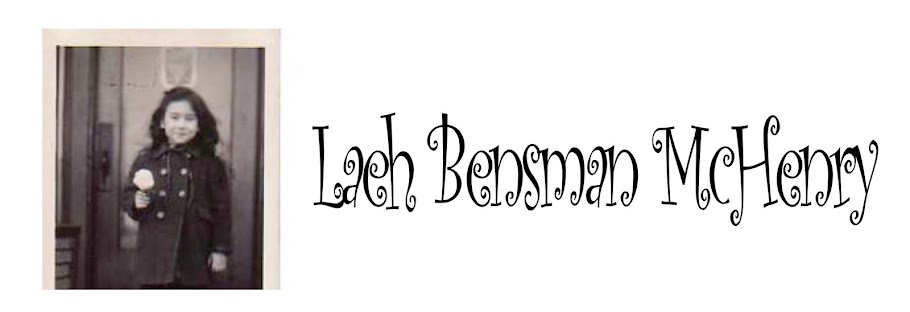"Good Artists Borrow, Great Artists Steal"
Monday January 26, 2009
Thus go words that Pablo Picasso may have uttered, although (1) I cannot find definitive attribution anywhere and (2) a great many other writers, poets, songwriters and visual artists have supposedly said almost the exact same thing. (You can read the last word [pun intended] on that which T.S. Eliot said here, and kudos to Nancy Prager for her detective work.) Anyway.Within the past week I've read about both the source of Shepard Fairey's Obama-HOPE head shot (hint: the artist didn't shoot it himself, nor did he pay to use it) and a lawsuit filed against Richard Prince for lifting a photographer's series of portraits, putting daubs of paint on them and selling the results as his own original work. Now, I am not a copyrights lawyer, merely a visual artist who's always liked to stay on the happy side of the law. However, my layperson's eye, in looking at the original sources for HOPE and the Canal Zone series, sees little that would deem either of them "transformative" works. And the word "transformative," Dears, is the crux of the matter in any "fair use" question--be it written, painted or notated on a G pentatonic scale.
Assuming that Picasso did say this--and seriously, I would love to learn of a verifiable source--I think the words "Good artists borrow, great artists steal" constitute one of the most misunderstood and misused creative phrases of all time. To me, it means the difference between aping and assimilating; between copying and internalizing; between being unoriginal and innovative. Between, sad to say, right-clicking an online image and picking up a low-tech pencil. Even Andy Warhol, that master of the appropriated image, had a solid foundation in studio skills and could actually draw well when/if he chose to.
I'm tired of seeing the paraphrasical use of "Good artists borrow, great artists steal" as an excuse to be lazy, and, yes, I'm angered when non-transformative "works" are, in turn, copyrighted, feted, receive royalties and/or are sold for staggering sums--though the original artist does not often benefit by so much as a credit line. How does this mindset advance an art form? What message does it send to younger generations of artists? Why, if a big enough "name" engages in this ... borrowing ... is it not only tacitly condoned, but often applauded?
Every artist of every stripe builds on that which was done by his or her predecessors. It's only the great artists who manage to take things to new heights, in new directions. That's what I think; end of rant. Now, and more importantly, what do YOU think?

No comments:
Post a Comment